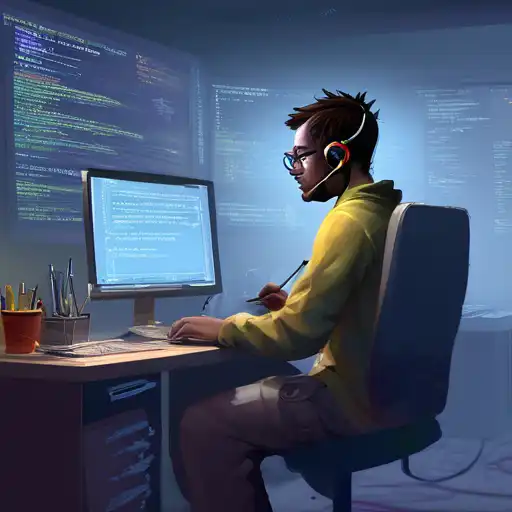Introduction to Debugging for New Programmers
Debugging is an essential skill for any programmer, especially for those just starting out. It involves identifying and resolving errors or bugs in your code that prevent it from running correctly. This article will provide you with essential debugging strategies to help you become more efficient and confident in your coding journey.
Understand the Error Messages
One of the first steps in debugging is to understand the error messages your code generates. These messages are designed to help you identify where the problem lies. Take the time to read them carefully and use them as a guide to fix your code.
Use a Debugger Tool
Most integrated development environments (IDEs) come with built-in debugger tools. These tools allow you to step through your code line by line, inspect variables, and understand how your code is executing. Learning to use these tools can significantly reduce the time you spend debugging.
Break Down Your Code
When faced with a complex bug, try breaking down your code into smaller, more manageable parts. Test each part individually to isolate the section causing the issue. This approach can make it easier to identify and fix the problem.
Check for Common Mistakes
New programmers often make common mistakes such as syntax errors, off-by-one errors, or incorrect variable names. Always double-check your code for these simple errors before diving deeper into more complex debugging strategies.
Ask for Help
Don't be afraid to ask for help when you're stuck. Online forums, coding communities, and even colleagues can offer valuable insights and solutions to your debugging problems. Remember, every programmer has been in your shoes at some point.
Practice Makes Perfect
Debugging is a skill that improves with practice. The more you code and debug, the better you'll become at identifying and fixing errors quickly. Embrace each debugging session as a learning opportunity.
Conclusion
Debugging is a critical skill for new programmers to master. By understanding error messages, using debugger tools, breaking down code, checking for common mistakes, asking for help, and practicing regularly, you can become more proficient at debugging. Remember, the goal is not to write perfect code on the first try but to learn how to efficiently solve problems when they arise.
For more programming tips, check out our programming tips section.
